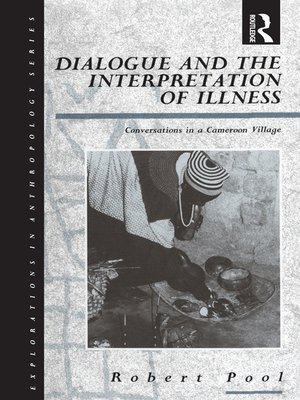Dialogue and the Interpretation of Illness
ebook ∣ Conversations in a Cameroon Village
By Robert Pool

Sign up to save your library
With an OverDrive account, you can save your favorite libraries for at-a-glance information about availability. Find out more about OverDrive accounts.
Find this title in Libby, the library reading app by OverDrive.



Search for a digital library with this title
Title found at these libraries:
| Loading... |
The etiology of the Wimbum people in the Western Grassfields of Cameroon is described through an examination of the way in which the meanings of key concepts, used to interpret and explain illness and other forms of misfortune, are continually being produced and reproduced in the praxis of everyday communication. During the course of numerous dialogues, witchcraft, a highly ambivalent force, gradually emerges as the prime mover. As destructive cannibals or respectable elders the witches are the ultimate cause of all significant illness, misfortune and death, and as diviners they are also the ultimate judges who apportion moral responsibility. Even the ancestors and the traditional gods turn out to be fronts behind which the witches hide their activities.The study is on three levels: a medical anthropological exploration of explanations of illness and misfortune; a detailed ethnography of traditional African cosmology and witchcraft; and an examination of recent theoretical issues in anthropology such as the nature of ethnographic fieldwork and the possibility of dialogical or postmodern ethnography.






